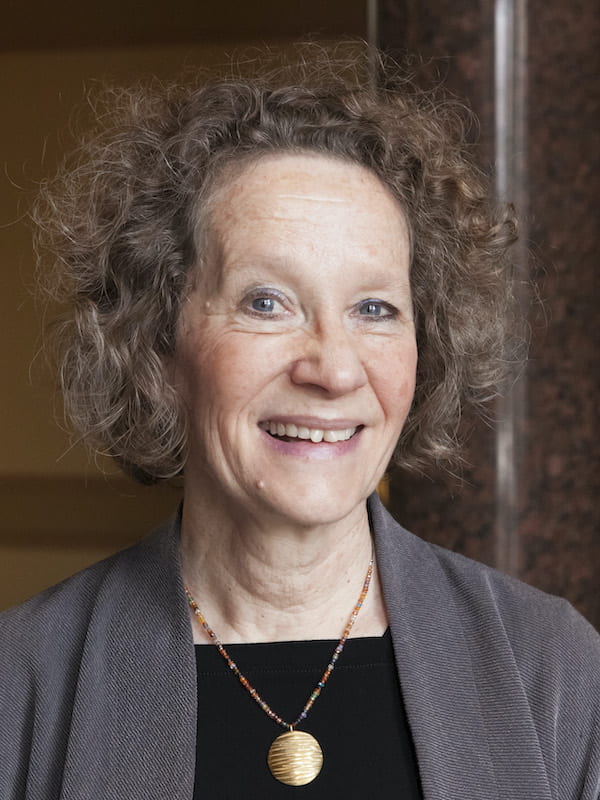The seminars listed on this page have already occurred. Information about each seminar is available below.

Dr. Carol Ryff, University of Wisconsin-Madison
Exploring Synergies between the EMOT-ECON Network and the MIDUS (Midlife in the U.S.) National Study: Angles on Well-Being, Financial Strain, and Health
Dr. Carol Ryff, Professor in the Department of Psychology at the University of Wisconsin-Madison, presented on the rich assessments of emotion and psychological well-being within the MIDUS national study of Americans. Dr. Ryff discussed how the MIDUS data can be used to examine the impact of economic burden of disease on well-being.
For more information about MIDUS visit http://www.midus.wisc.edu/
Thursday March 24, 2022

Dr. Mateo Banegas, University of California, San Diego
Screening and Addressing Social Needs within Oncology
Dr. Mateo Banegas, Associate Professor at the University of California, San Diego, discussed a health system’s approach to addressing social and economic needs among individuals with cancer, and challenges and opportunities of social need screening and referral programs to improve patients’ well-being.
Friday April 29, 2022
Selected Publications:
https://pubmed.ncbi.nlm.nih.gov/31123985/
https://pubmed.ncbi.nlm.nih.gov/30939267/

Dr. Crystal Park, University of Connecticut
Stress, Coping, Meaning, and
Emotional Well-Being in Cancer Survivors
Cancer survivorship entails many stresses and challenges. This presentation described the ways that survivors cope with these stresses and how different types of coping relate to their long-term emotional well-being.
Thursday May 19, 2022
Dr. Maria Pisu, Dr. Michelle Martin, and Dr. Margaret Liang, EMOT-ECON Team
Erin Bradshaw and Dr. Minal Patel, EMOT-ECON Steering Committee
Research on economic burden of disease and emotional well-being: where do we go next?
As presented at the Society of Behavioral Medicine’s 2022 conference, members of EMOT-ECON discussed current research on emotional well-being and economic burden of disease and the formulation of the Network.
Thursday July 7, 2022

Dr. Jessica Koslouski, University of Connecticut
How do we measure emotional well-being?
It depends on who you ask
Dr. Koslouski shared the results of a recent scoping “review of reviews” of emotional well-being measures. The talk highlighted complexities in the field of measuring emotional well-being, as well as the imprecise boundaries between emotional well-being and related constructs.
Thursday, September 22, 2022
Dr. Robin Yabroff, American Cancer Society

Financial Hardship among Cancer Survivors
in the United States
Dr. Yabroff is the Scientific Vice President of Health Services Research at the American Cancer Society. Her research focuses on financial hardship, patterns and costs of cancer care, and health insurance coverage. Dr. Yabroff provided an overview of medical financial hardship and discussed implications for emotional well-being.
Tuesday, November 1, 2022
Dr. Jacqui Smith, University of Michigan

Do You Need Data? An Introduction to the Health and Retirement Study (HRS)
Dr. Smith is a Professor of Psychology and a Research Professor in the Survey Research Center and the Research Center for Group Dynamics in the Institute for Social Research at the University of Michigan. She is a Co-PI of the NIA-funded Health and Retirement Study (HRS), leading the Psychosocial Aging and Life History components of this study.
Monday, March 21, 2023
Recordings of the seminars and transcription of the discussions are available to EMOT-ECON members.
To request access, please email us at mail@emot-econ.org
Click here to become a member of EMOT-ECON.

